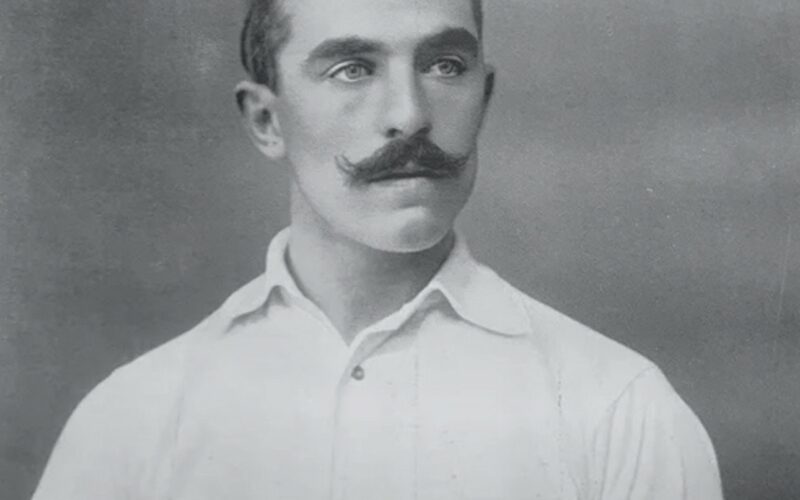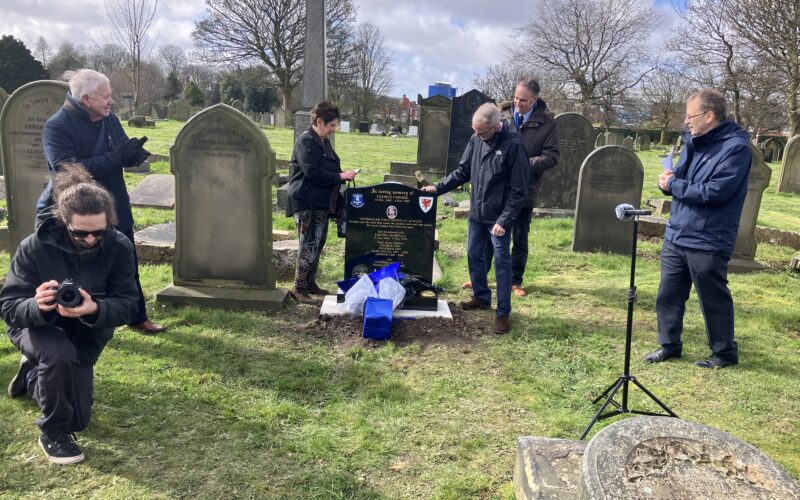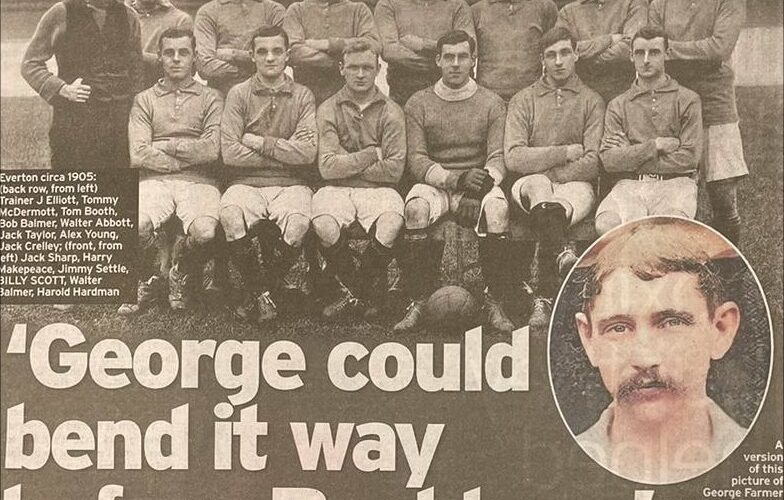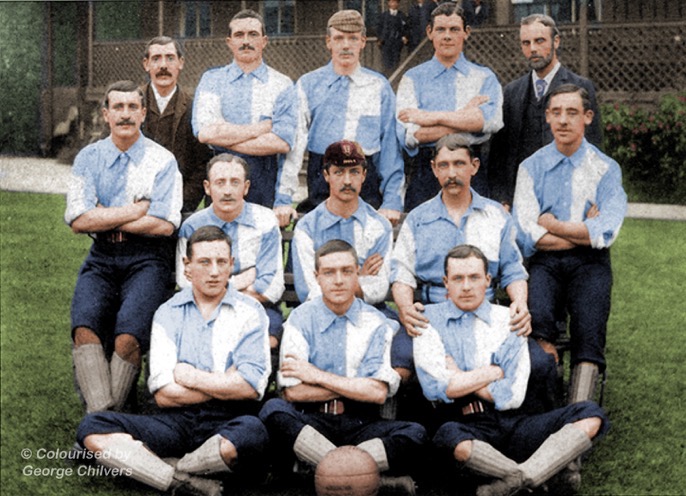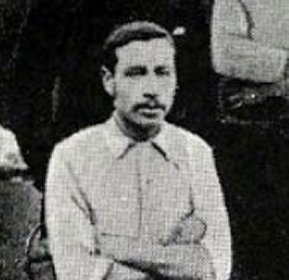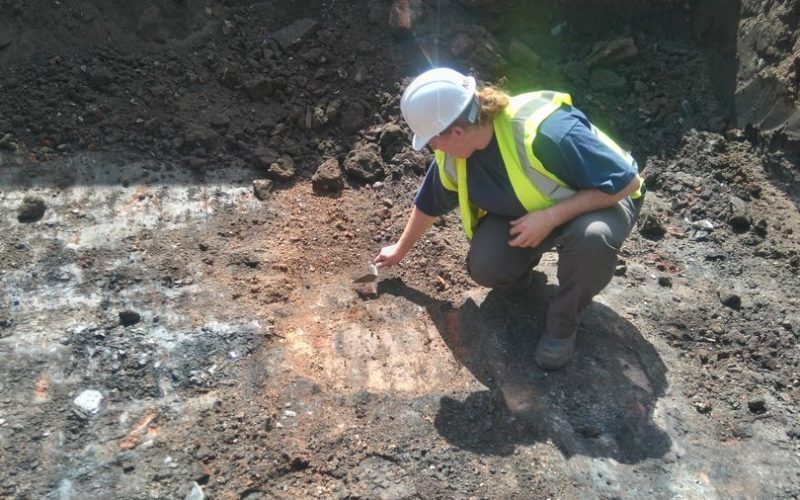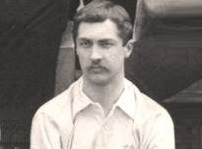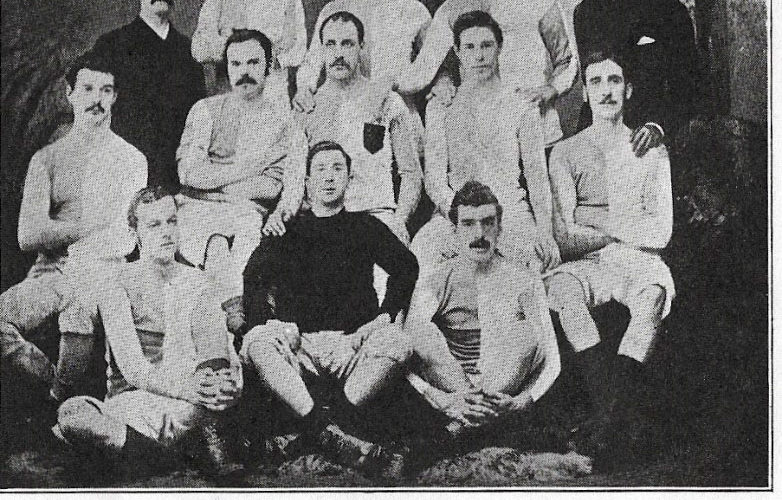Alf Milward – The Toffees’ First Great Left Winger of the League Era
by Rob Sawyer ‘His buoyant spirit called for the wild career down the wing, for the flying charge, and the flying shot to the goalmouth where Geary or Chadwick could be trusted to meet the rebound.’ Victor Hall, Liverpool Echo, 1924. Baines and Pienaar, Dobson and Thomas, Fielding and Eglington, Stevenson and Coulter – all fantastic partnerships on the left side of the Toffees’ attack. The original great partnership on that flank was formed by the contrasting but complimentary attributes of Edgar Chadwick and Alf Milward. Supporters and reporters would refer to them together simply as ‘The Wing’, such was…

